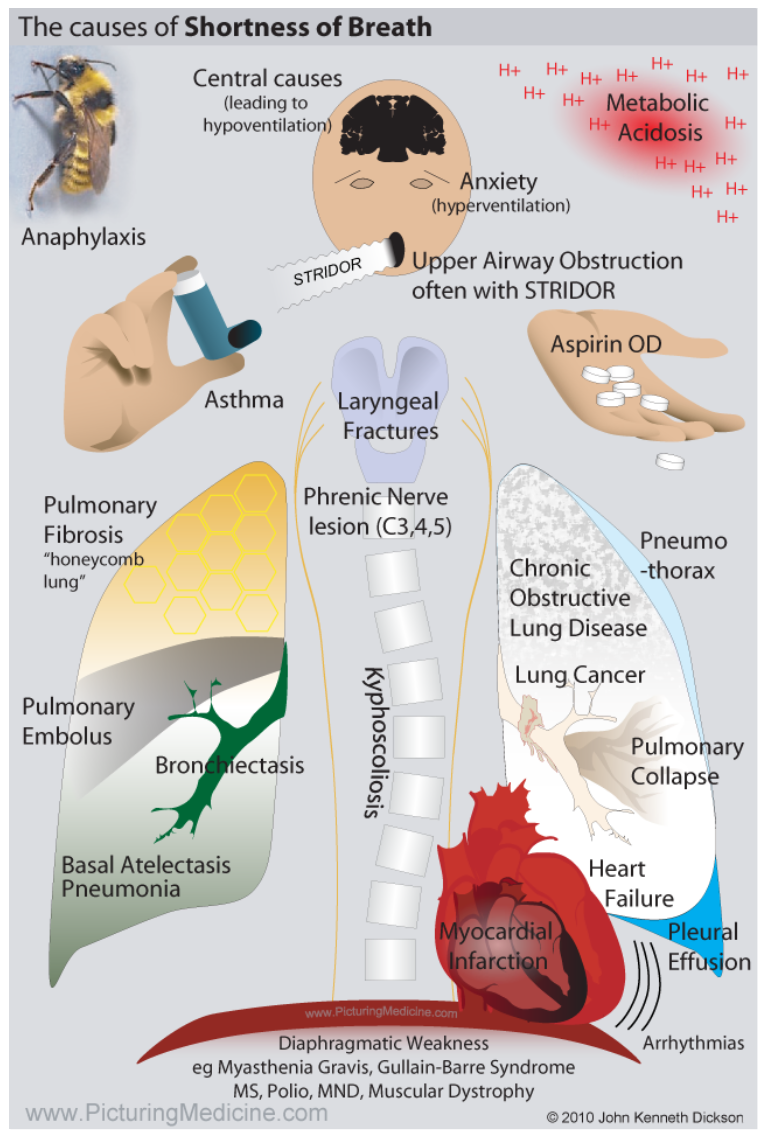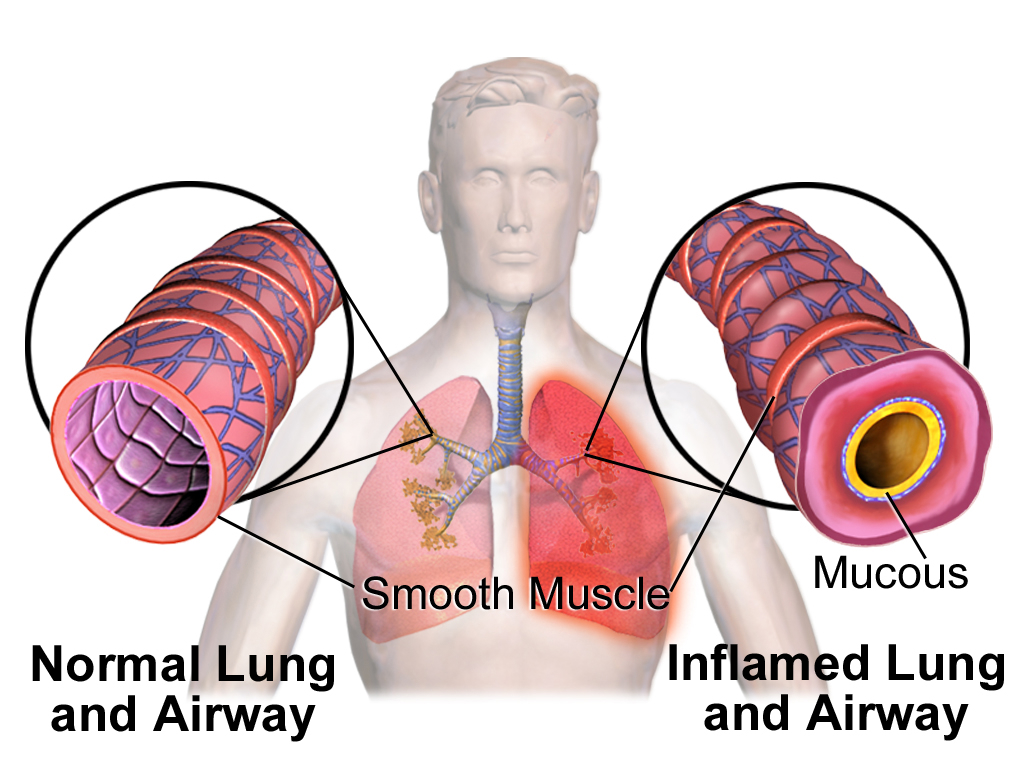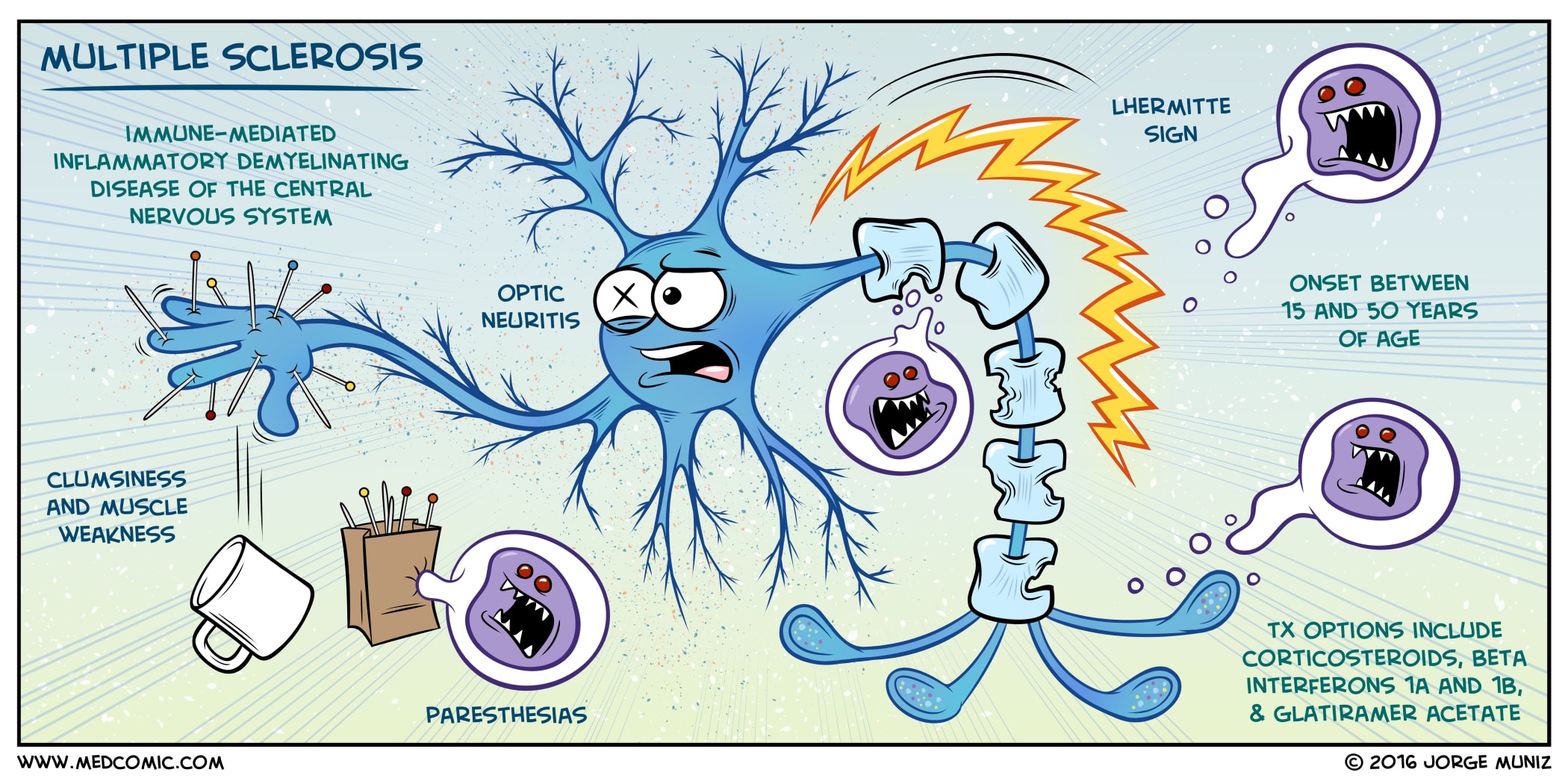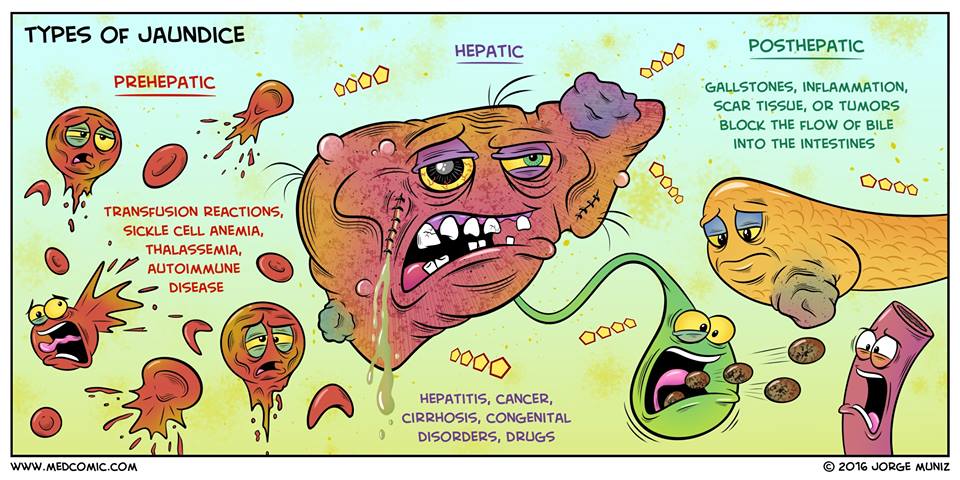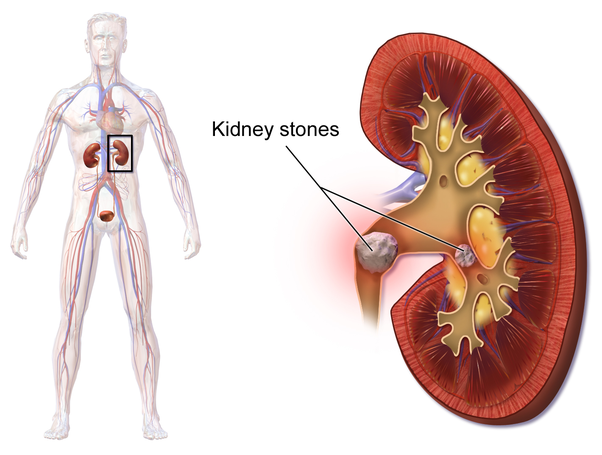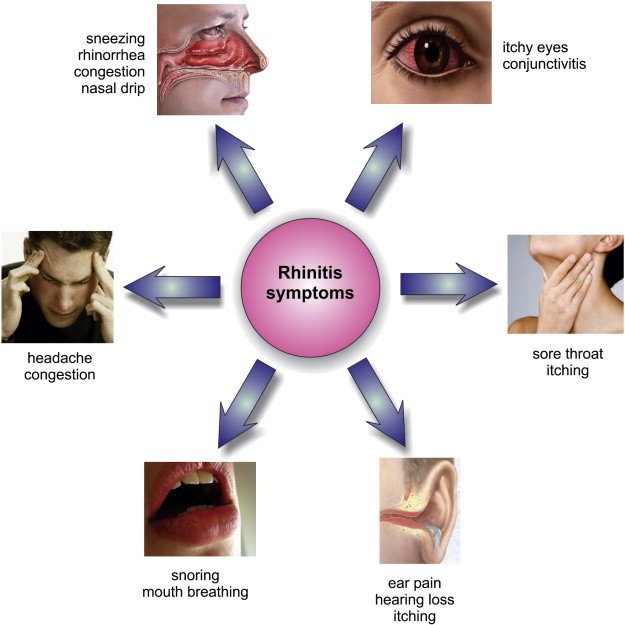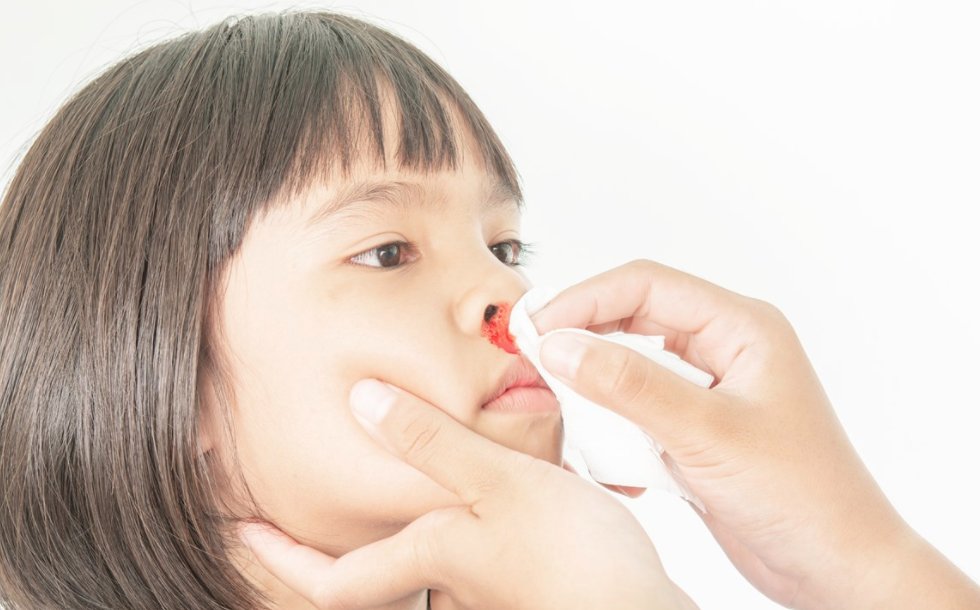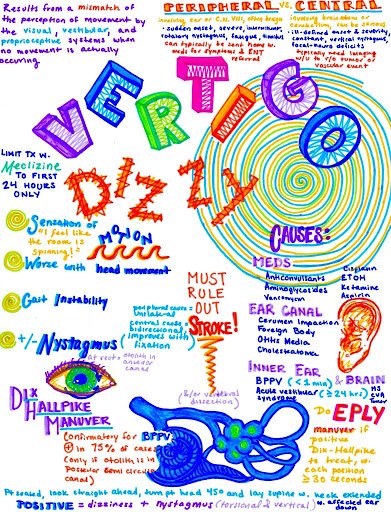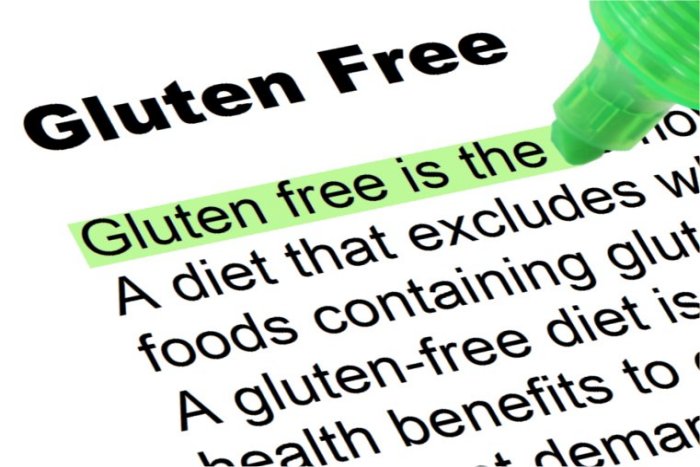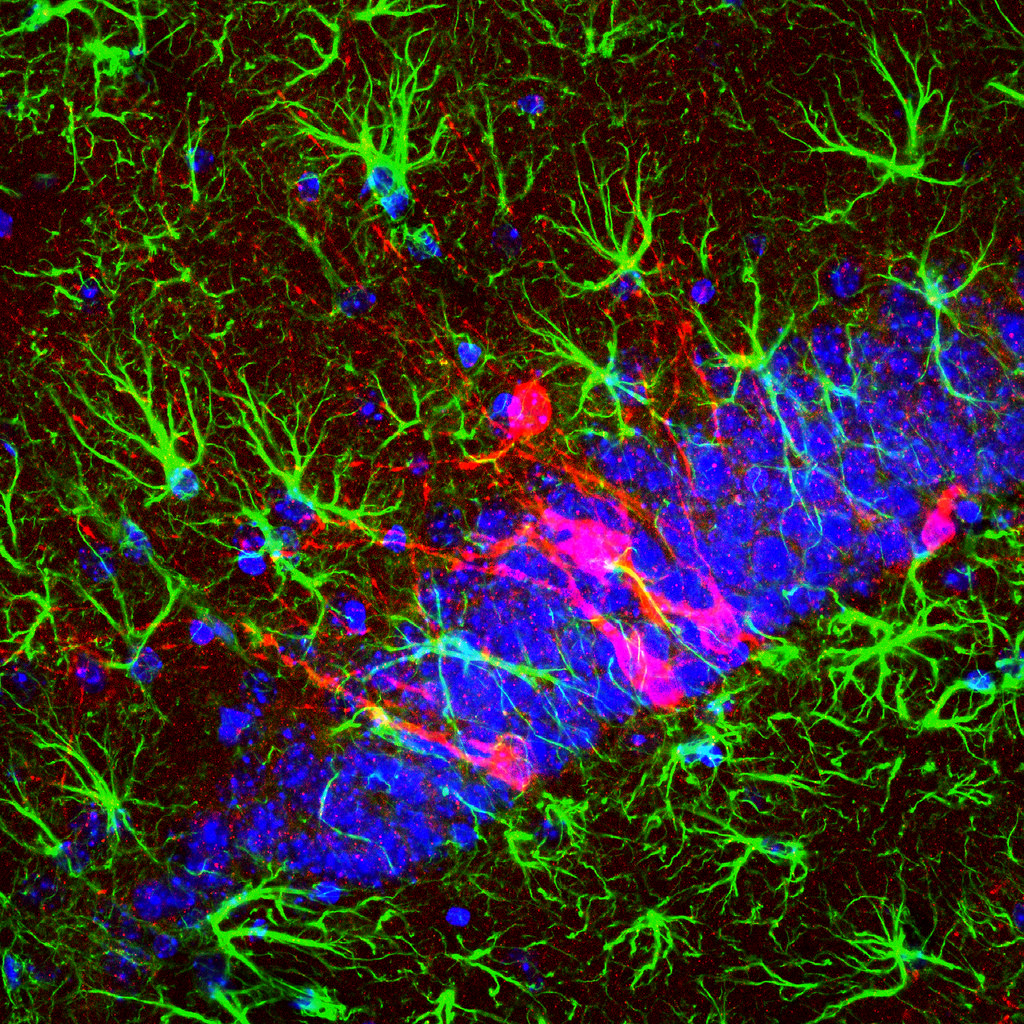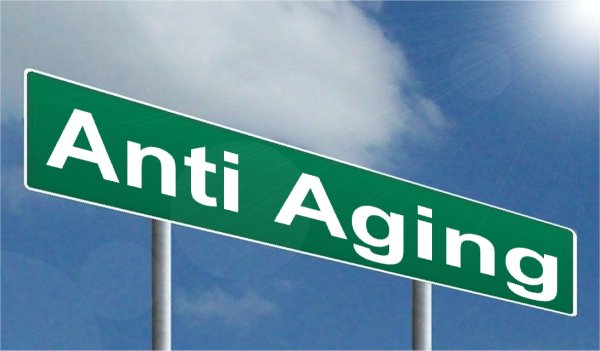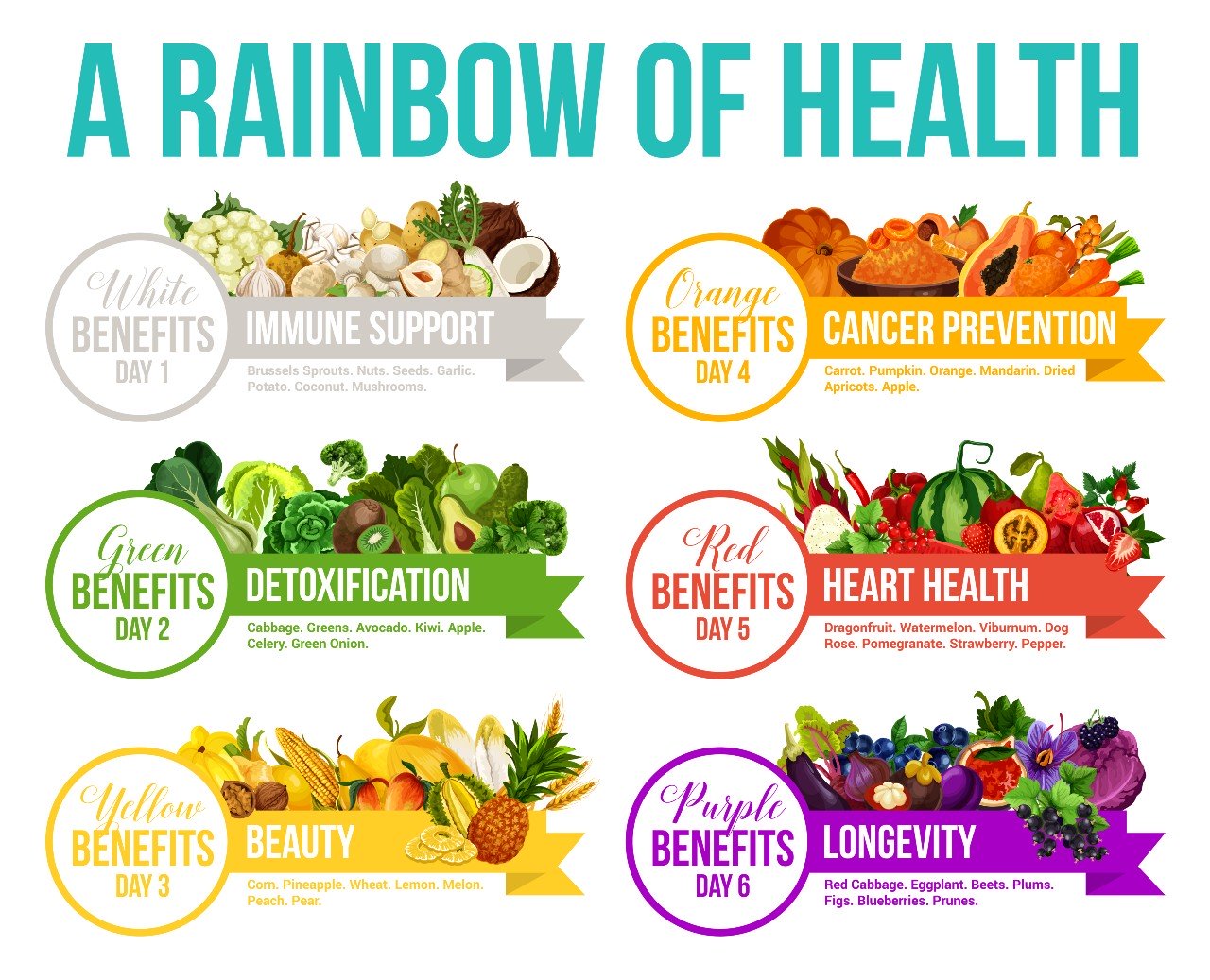What is Anxiety?
不安とは何ですか?
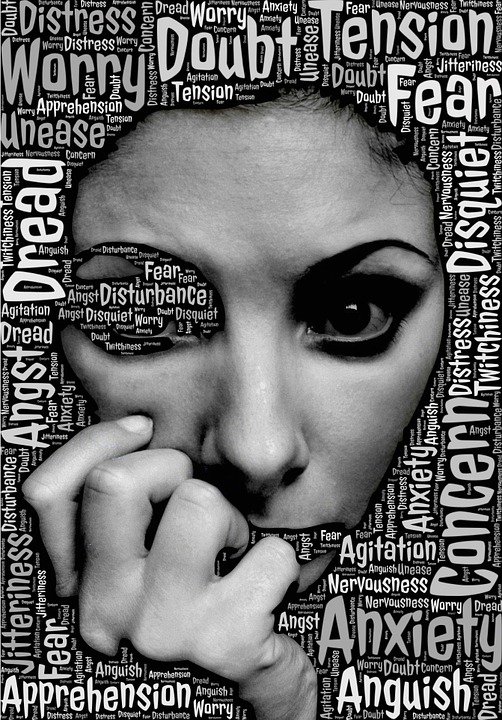 |
Anxiety is an uncomfortable inner feeling of fear or imminent disaster. Most of us experience some temporary degree of anxiety in our lives, sometimes with just cause and at other times without. It can be a common normal human reaction to stress, and being anxious over appropriate things may help to make us more responsible, caring people. Some people, however, are constantly anxious to the extent that it is abnormal and interferes with their lives. Severe cases of anxiety can lead to panic attacks or hyperventilation. |
WHAT ARE THE SYMPTOMS OF ANXIETY? 焦虑的症状是什么?
The symptoms can vary enormously from feeling tense and tired to panic attacks. Symptoms include:
- Tiredness or fatigue
- Dry mouth, difficulty swallowing
- Apprehension: something awful will happen
- Sleep disturbances and nightmares
- Irritability
- Muscle tension, headache
- Rapid heart rate and breathing
- Sweating
- Trembling
- Diarrhoea
- Flare-up of an illness such as dermatitis, asthma
- Sexual problems
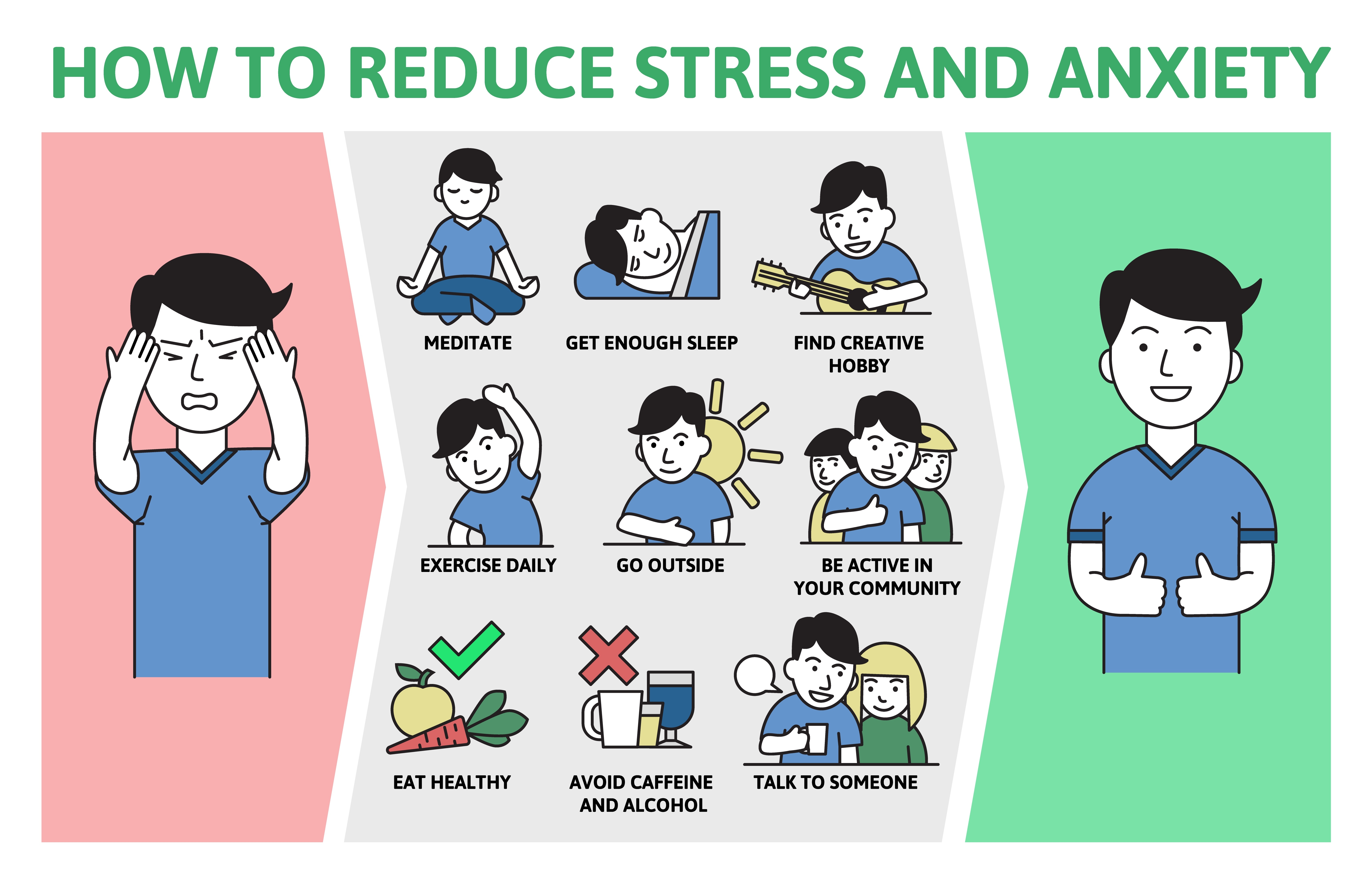
WHAT ARE THE RISKS OF ANXIETY?
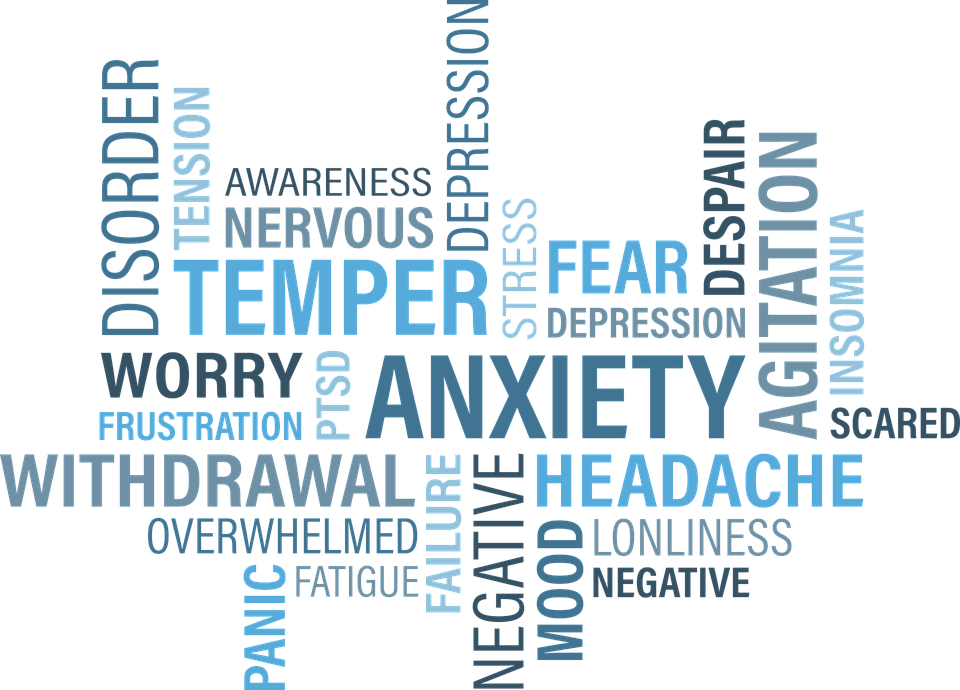
Various physical illnesses- such as high blood pressure, coronary heart disease, asthma and perhaps cancer- can be related to persistent stress and anxiety. It may aggravate a drug problem such as smoking, and drinking excessively. It can cause a breakdown in relationships and work performance. It can lead to the serious disorder of depression. Because an overactive thyroid can mimic an anxiety state, it is important not to overlook it.
Fear is a normal, adaptive psychological response to danger. In prehistoric times, triggering our fight-or-flight response, which would lead to an appropriate reaction – RUN.
However, when the barometer is set too low, things that do not actually pose a threat are perceived as dangerous and cause us to worry or avoid. When this excessive, difficult to control worry causes functional impairment, we get an anxiety disorder.
WHAT IS THE TREATMENT FOR ANXIETY?
SELF- HELP
It is best to avoid drugs if possible and to look at factors in your lifestyle that cause you stress and anxiety and modify or remove them if possible. Be on the lookout for solutions. Examples are changing jobs and keeping away from people or situations that upset you. Sometimes confronting people and talking things over will help.
SPECIAL ADVICE
Be less of a perfectionist: do not be a slave to the clock; do not bottle up; stop feeling guilty; approve of yourself and others; express yourself and your anger. Resolve all personal conflicts. Make friends and be happy. Keep a positive outlook on life, and be moderate and less intense in your activities.
Seek a balance of activities, such as recreation, meditation, reading, exercise and family/social activities.
RELAXATION
Learn to relax your mind and body: seek out special relaxation programs such as yoga and meditation. Make a commitment to yourself to spend some time everyday practising relaxation. About 20 minutes twice a day is ideal, but you might want to start with only 10 minutes.
- Sit in a quiet place with your eyes closed, but remain alert and awake if you can. Focus your mind on the different muscle groups in your body, starting at the forehead and slowly going down to the toes. Relax the muscles as much as you can
- Pay attention to your breathing: listen to the sound of your breath for the next few minutes. Breathe in and out slowly and deeply
- Next, begin to repeat the word relax silently in your mind at your own pace. When other thoughts distract, calmly return to the word relax
- Just let go: this is a quiet time for yourself, in which the stresses in body and mind are balanced or reduced
Coping Strategies for COVID-19 Mental Stress
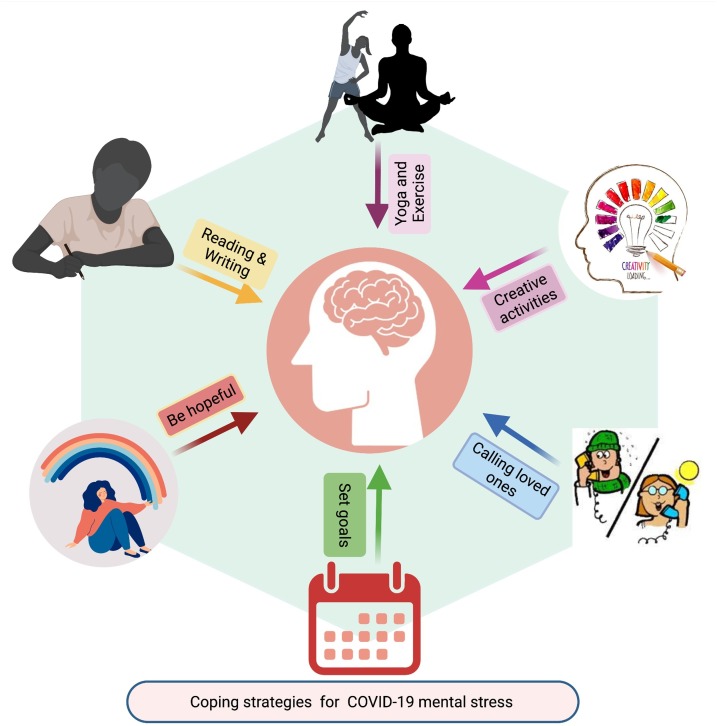
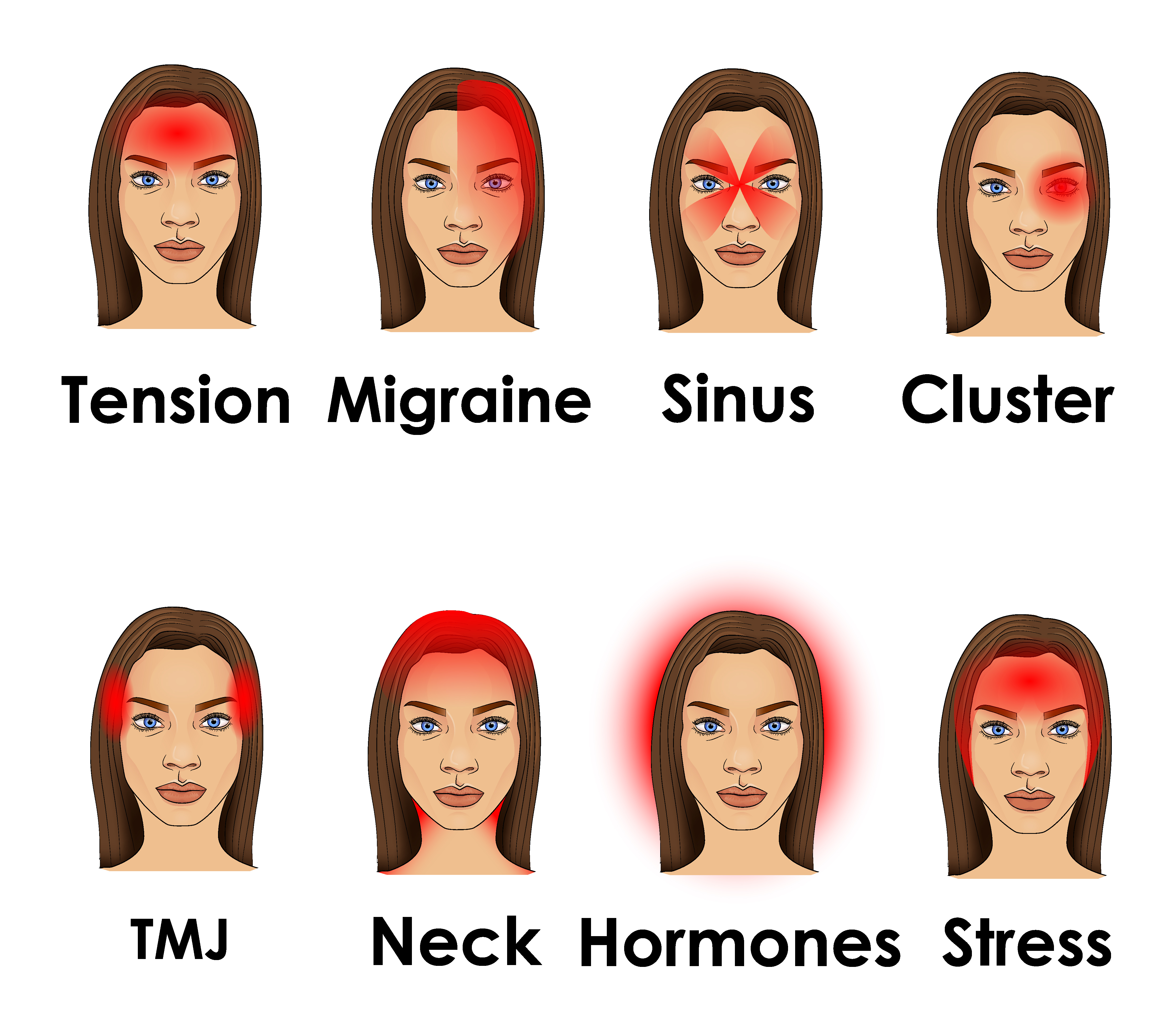
Lung, Neurological, Liver & Kidney Diseases
Vitamins & Nutrients for a Well-functioning Immune System to Protect against COVID-19 & other Viral Infections
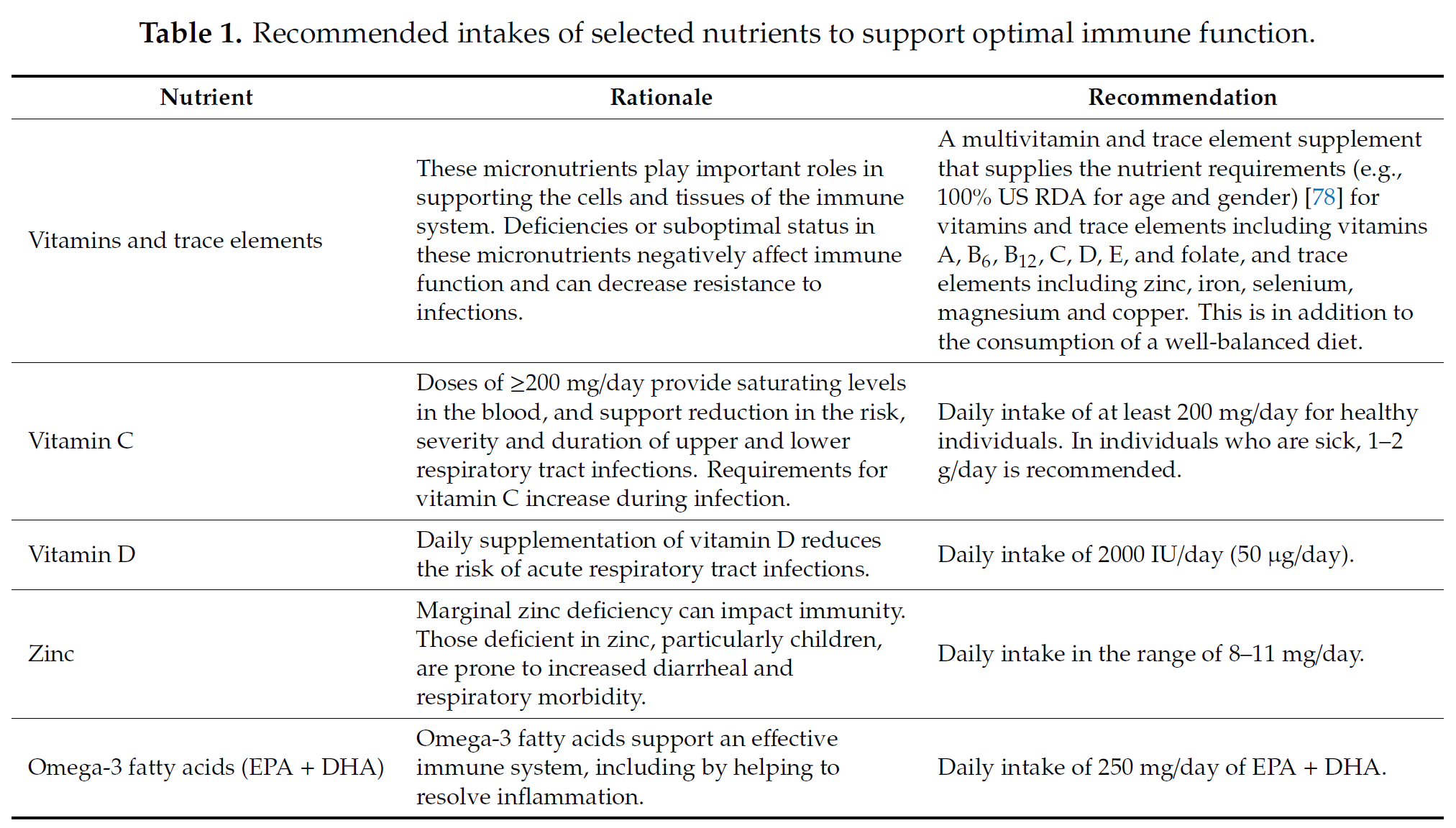
(Ref: Nutrients. 2020 Apr 23;12(4). pii: E1181. doi: 10.3390/nu12041181 Optimal Nutritional Status for a Well-Functioning Immune System Is an Important Factor to Protect against Viral Infections Calder PC1, Carr AC2, Gombart AF3, Eggersdorfer M4.
Ear, Nose & Throat Problems
How a Gluten-free Diet can Improve your Chronic Illnesses
Healthy Diets for Optimal Health
|
The information provided in this website is for knowledge purposes only. It does not constitute medical advice.
Should you encounter any medical problem that you are unsure of, always consult your doctor or health care provider for assistance and medical advice.
